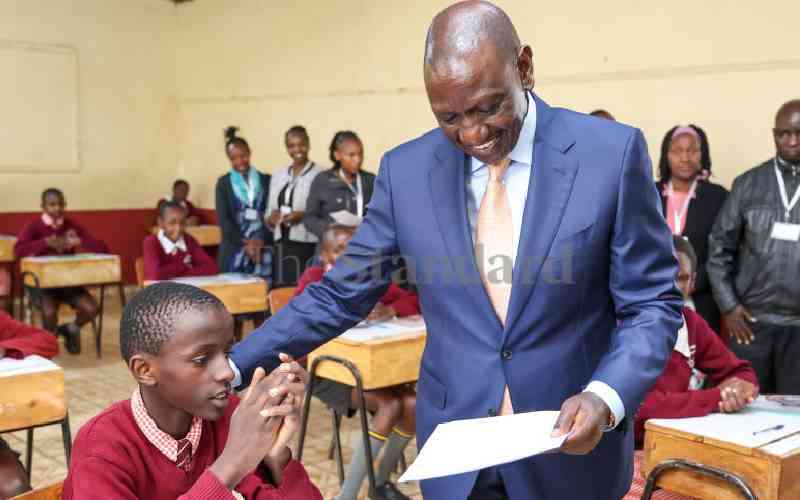
Eight years ago, the Kenya National Examinations Council (Knec) released a report questioning the educational value of the frequency of assessments or examinations that learners in basic education institutions undertake. The report was conducted under the auspices of the National Assessment System for Monitoring Learner Achievement (NASMLA).
In the report entitled, Monitoring Learner Achievement at Class 3 in Literacy and Numeracy in Kenya, Knec noted: "Pupils who were subjected to frequent testing performed worse than those who were not tested frequently, putting the diagnostic value of the tests given to question."